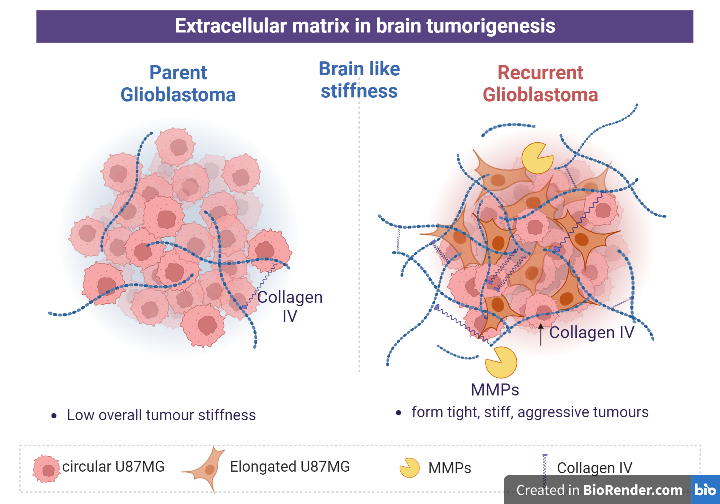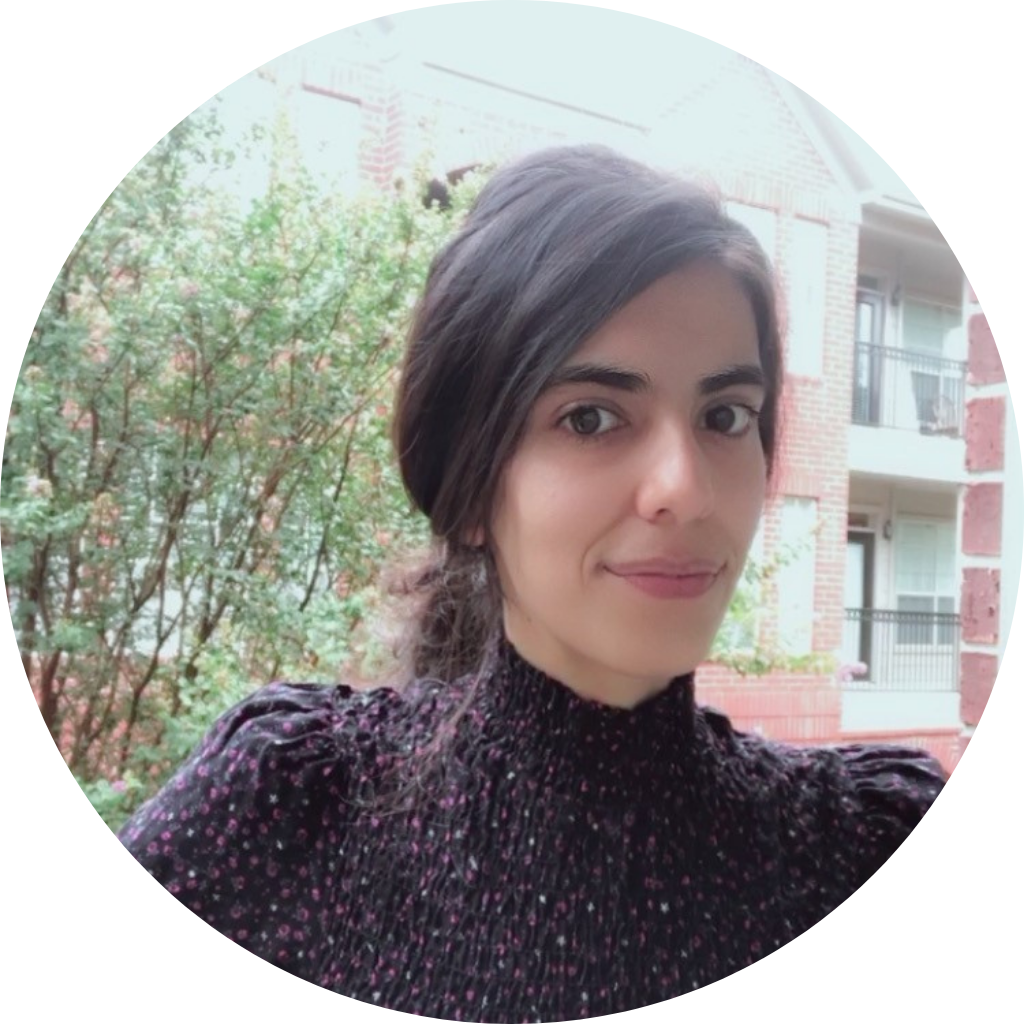About author
Anagha Acharekar obtained her Bachelor of Science degree in Microbiology from Ramnarain Ruia College, Mumbai, and she pursued her master’s in Medical Biotechnology from Maharaja Sayaji Rao University, Baroda. She is pursuing her Ph.D. under the mentorship of Dr. Shilpee Dutt at DNA Repair and Molecular Oncology Lab at Advanced Center for Treatment Research and Education in Cancer-TATA Memorial Centre (ACTREC-TMC), Mumbai. Her work focuses on Characterizing the phenotypic properties of recurrent populations and identifying novel therapeutic targets for recurrent GBM.


